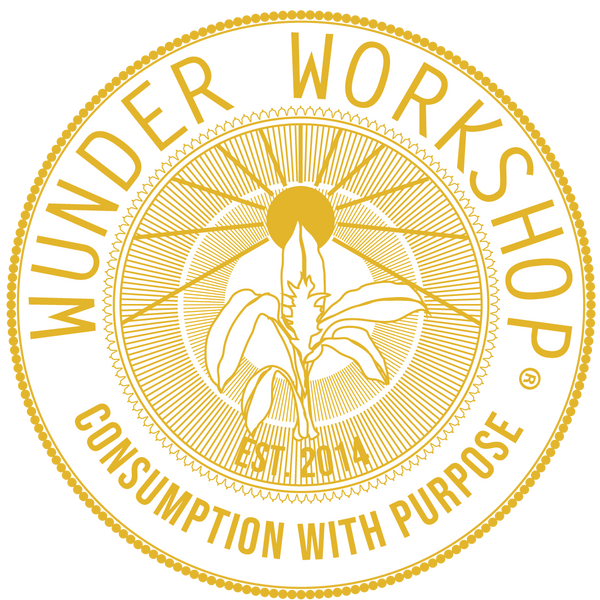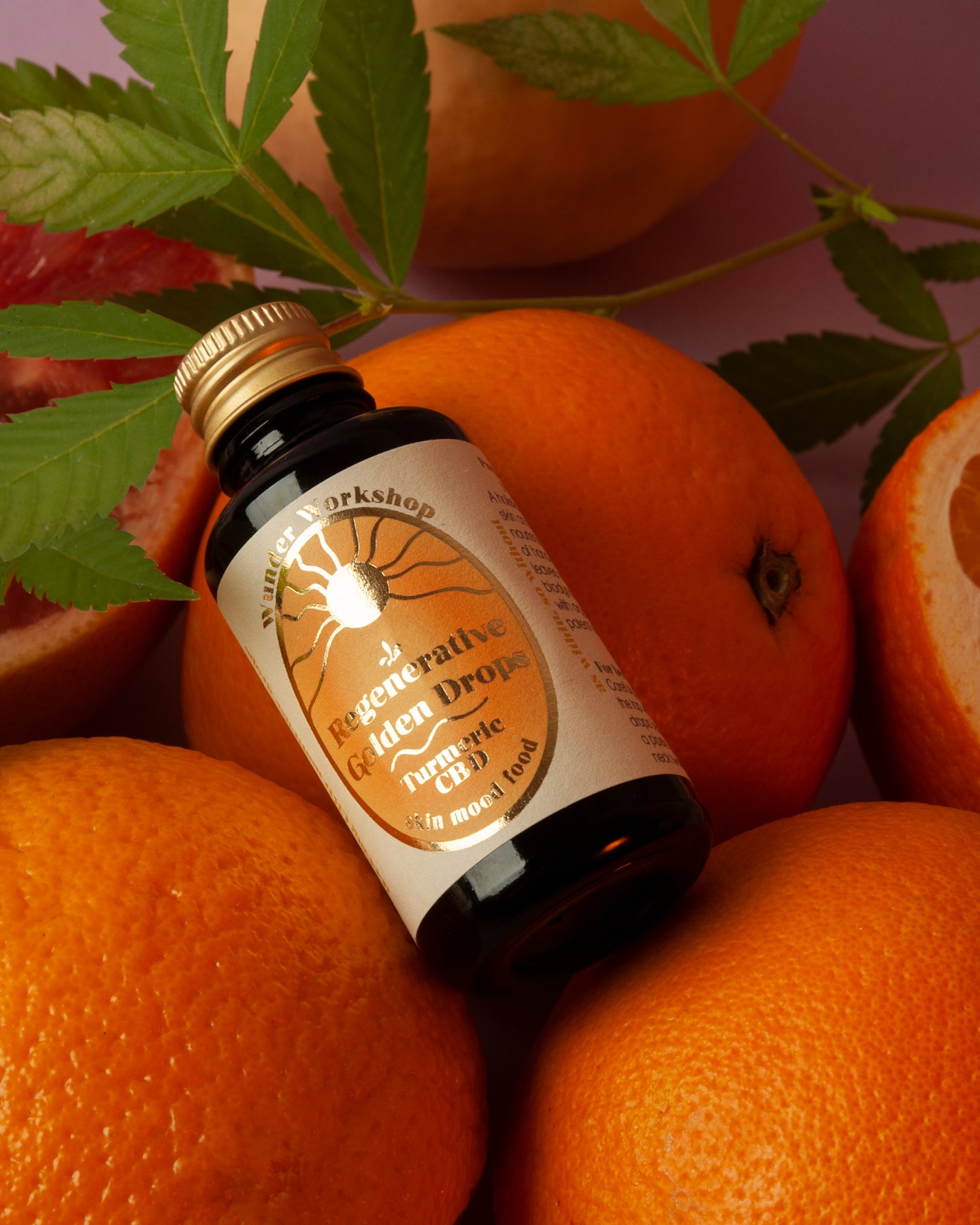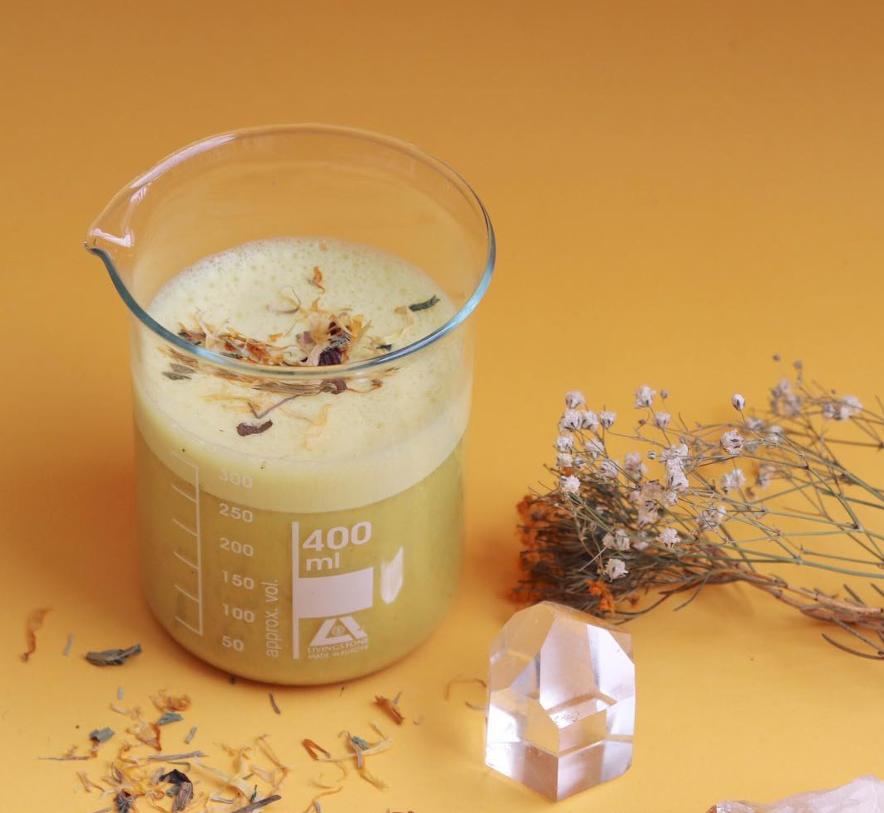
When keeping up to date with the world it is important to focus on staying positive. We protect our own reality bubble. So much so that it is often hard to relate, or even, to feel. It is possible that we have developed a numbness to the news.
But the news of Sri Lanka's struggles is saddening. The country is so dear to us, it is where the first seeds of Wunder were envisioned and grown. We have a strong affinity and admiration to their culture and the beauty of their land.
Having stood on Galle Face Green, where 24hr protests are now taking place, I can get a sense of the frustration. Having witnessed the immeasurably kind nature of the Sri Lankan people, seeing violent riots is heart-breaking.
Each year we dedicate 1% of our revenue to community projects in Sri Lanka and Colombia, but the situation is dire and it is a challenge to know where best to support.
I read today that the country has just "one more day of fuel" left as Sri Lanka enters its worst recession in 70 years. I wanted to analyse how this has happened and how we can help.
What's happening in Sri Lanka?
The Rajapaksa family, despite a landslide victory at the last election, has directed Sri Lanka into record debt and amassed a family fortune of their own.
Policies, specifically relating to tax cuts are blamed and largescale infrastructure projects that were planned now sit unfinished. But also, Prime Minister Rajapaksa's desire to convert Sri Lanka entirely to organic agriculture - banning fertiliser and pesticides which had been found to fuel a wave of kidney cancers in the country.
In principle this is something that we would support. However, the fertiliser ban put many at risk - it usually takes up to 5 years to convert land to organic as existing pesticide residues drain out of the land. The immediate ruling was not favourable to many smallholder farmers who simply couldn't afford new fertilisers and whose crops struggled to adapt so quickly.
The situation has been compounded by the pandemic, plus the war in Ukraine. Sri Lanka relies heavily on foreign income from tourism and exporting tea and spices to support a weaker currency. But this has been slow to return following coronavirus, leaving many struggling to maintain their livelihoods.
The increasing national debt and poor currency performance meant that Sri Lanka has been unable to manage food imports when food prices have been increasing dramatically. Especially wheat and cooking oil imports from Ukraine, who is a crucial supplier to the region.
Peaceful protests, transcending race and religion, against the ruling party turned violent after pro-government backed supporters and the military moved to clear protestors, firing tear gas and rubber bullets into crowds. A heart breaking reminder of the civil war past but not forgotten.
What next for Sri Lanka?
At the time of writing this, Prime Minister Mahinda Rajapaksa has resigned following the protests, but his younger brother remains as President after a parliamentary vote to remove him did not pass. Opposition leader, Ranil Wickremesinghe, has taken over as interim Prime Minister, his outlook is dire - $75bn required urgently to fulfil basic supplies and only $1bn available. Food and fuel shortages estimated to last only a few days more.
Countries and big business are now lining up to capitalise, with the International Monetary Fund, India and China offering to extend credit lines. All options are on the table, including the potential privatisation of Sri Lankan Airlines.
How to help:
The most support we can take is actually to visit Sri Lanka - foreign income directly in the hands of those who need it most. One amazing idea, which has supported many Ukrainians, is to book AirBnB's without the intention to stay, if travelling would not be an option.
You can also support through food security charities such as Feed Fundraiser 4 Sri Lanka by Sarvodaya & Kimbula Kithul, SERVE and Serendip Children's Home.










